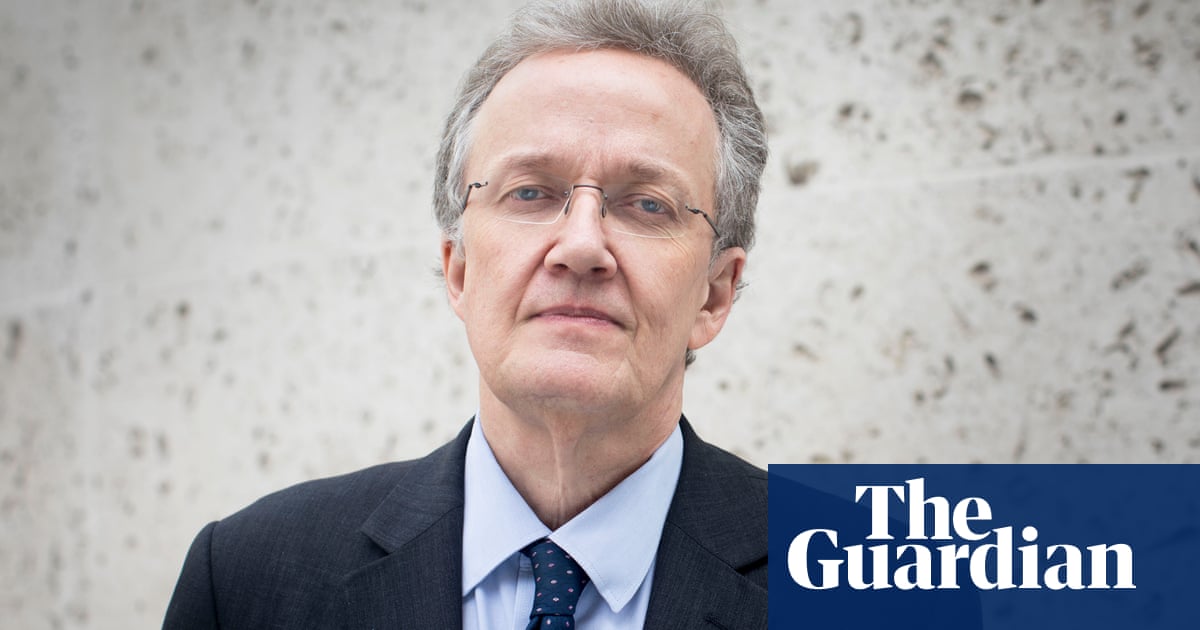
No 10 has been accused of blocking the appointment of a new health ombudsman, after a panel proposed Nick Hardwick, a former Parole Board chair who resigned when judges overturned a decision to release serial rapist John Worboys.
The prime minister was sent Hardwick’s name for approval in January, after a six-month process by a House of Commons-appointed recruitment panel in which he was selected as the top contender on a shortlist of three.
However, this week, the Cabinet Office asked parliament to approve an acting ombudsman, Rebecca Hilsenrath, who is now chief executive of the organisation.
The parliamentary and health service ombudsman hears complaints about public services and the NHS. The outgoing official, Rob Behrens, recently completed a report on the treatment of the Waspi women and their pension entitlements.
Hardwick is a former chief inspector of prisons, an ex-head of the Independent Police Complaints Commission and is now a professor of criminal justice at Royal Holloway, University of London. The longstanding public servant, who was made CBE in 2010, was forced by then justice secretary David Gauke to quit his role chairing the Parole Board in 2018, when three high court judges ruled a decision to release Worboys should be quashed and ordered a “fresh determination”.
In his resignation letter to the justice secretary, Hardwick made it clear he was forced to resign, and that he had had no role in the decision of the panel in the case.
No 10 was accused of preventing the appointment by William Wragg, a Conservative MP and member of the appointments panel. Wragg told parliament this week, without naming Hardwick, that a diligent long and shortlisting process had been undertaken.
Wragg said in the House of Commons that the person whose name had been put forward had “seemingly been declined by No 10”.
He also highlighted the cabinet manual that says: “The parliamentary commissioner for administration, known as the parliamentary ombudsman, is an officer of the House of Commons appointed by the crown and is independent of the government.
“In recognition of the ombudsman’s relationship with parliament, the house now leads on the recruitment to the role.”
“Why is there the need to appoint a temporary ombudsman? I have absolutely no problem at all with Rebecca Hilsenrath, who is the chief executive of the organisation; I am sure she will do a splendid job,” he told MPs. “Nonetheless, it is somewhat irregular that after a recruitment process lasting several months in which proper procedures have been followed, it seems that No 10 is not prepared to recognise the recommended name from the recruitment panel.’”
Speaking in the House of Commons, Alex Burghart, a Cabinet Office minister, said that it was “an important and high-profile role, so it is very important that the process takes as long as is necessary to appoint the right person”.
“Until then, and to ensure continuity for the [ombudsman], it is necessary to appoint an acting commissioner. Mr Behrens had reached the end of the statutory maximum term of seven years, so it is necessary for us to have an acting commissioner before a final appointment is made.”
A government source said: “No decision has been taken but clearly the public would need to have full confidence in the individual selected.”
A Cabinet Office spokesperson said: “The process of the appointment for a substantive ombudsman, known as the PHS Commissioner, remains ongoing and no decisions have been taken.” Hardwick declined to comment.
Source: theguardian.com

















